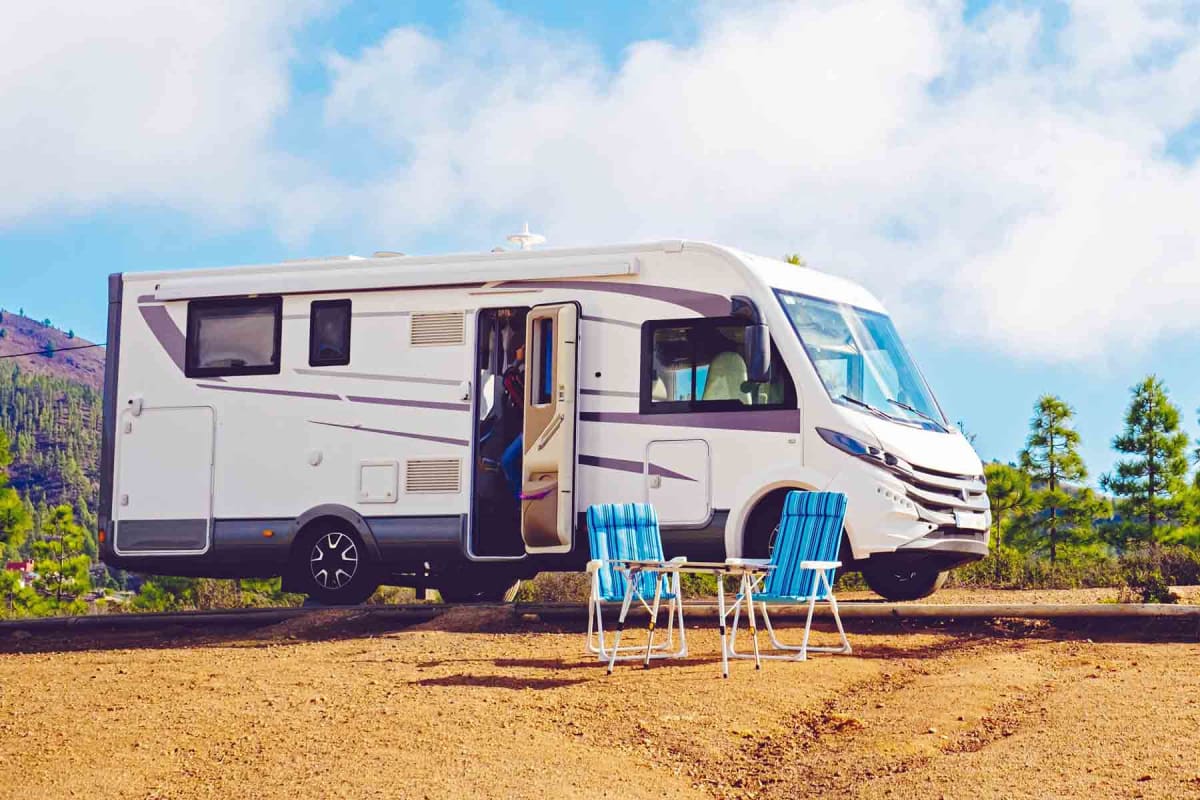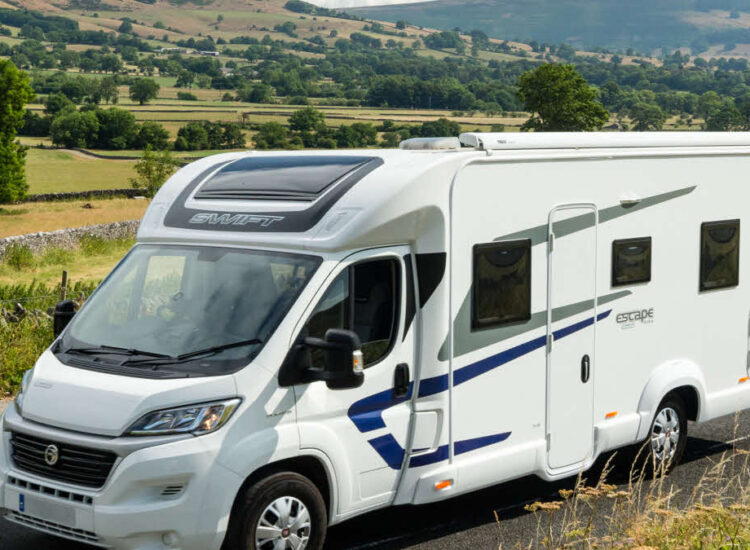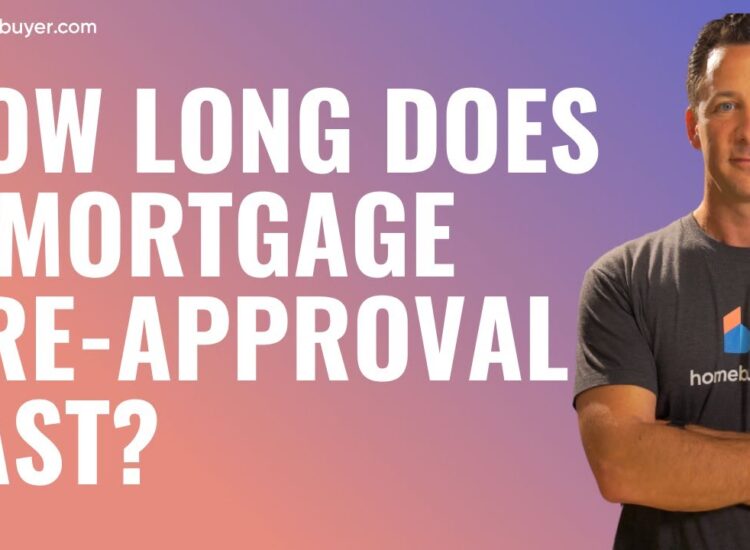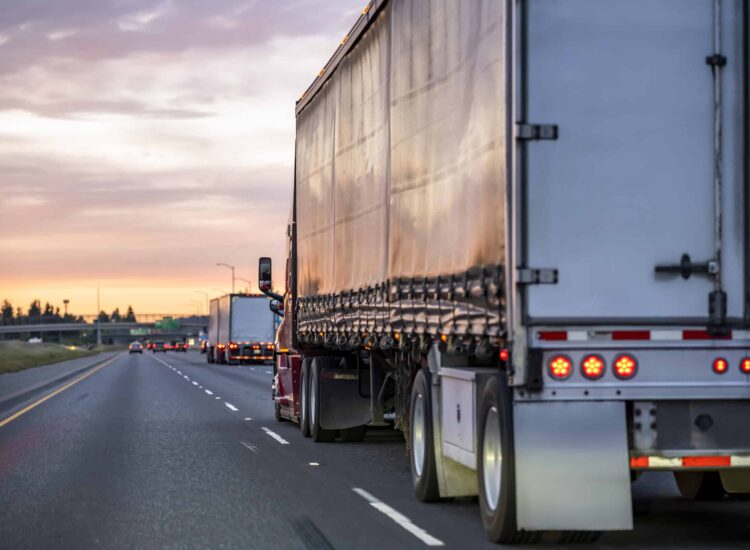The trucking industry forms the backbone of commerce, moving essential goods across vast distances. For every owner-operator navigating the highways and every fleet manager coordinating logistics, the journey involves inherent risks. Accidents, cargo damage, liability claims – these are realities that can jeopardize a trucking business overnight. This makes comprehensive commercial truck insurance an indispensable asset, acting as a vital shield against financial ruin and operational disruption.
Toc
- 1. What is Commercial Truck Insurance
- 2. Why is Commercial Truck Insurance Absolutely Crucial
- 3. Key Types of Commercial Truck Insurance Coverage Explained
- 4. Related articles 01:
- 4.1. Primary Liability Insurance (Bodily Injury & Property Damage)
- 4.2. Physical Damage Insurance (Collision & Comprehensive)
- 4.3. Motor Truck Cargo Insurance
- 4.4. General Liability Insurance
- 4.5. Non-Trucking Liability (NTL) / Bobtail Insurance
- 4.6. Trailer Interchange Insurance
- 4.7. Uninsured/Underinsured Motorist (UM/UIM) Coverage
- 4.8. Medical Payments (MedPay) / Personal Injury Protection (PIP)
- 4.9. Workers’ Compensation Insurance
- 5. Factors That Influence the Cost of Commercial Truck Insurance
- 6. Related articles 02:
- 7. How to Choose the Right Commercial Truck Insurance Policy
- 8. Tips for Lowering Your Commercial Truck Insurance Premiums
- 9. Conclusion: Investing in Your Protection
Navigating the world of commercial truck insurance is often complex. It operates under different rules than personal auto policies, governed by stringent federal and state regulations, and involves a unique array of coverages designed specifically for the risks of hauling freight. This guide aims to demystify commercial truck insurance, providing clarity on what you need, why you need it, and how to secure the best protection for your trucking operation.
What is Commercial Truck Insurance

Simply put, commercial truck insurance is a specialized insurance product designed to cover trucks and trailers used for business purposes. Whether you’re transporting goods for hire, carrying materials for your own construction business, or operating any large commercial vehicle, a standard personal auto policy won’t suffice. Commercial policies are built to address:
- The higher liability risks associated with heavy vehicles.
- The value of the cargo being transported.
- The extensive mileage often covered.
- Federal and state regulatory compliance requirements (like FMCSA filings).
This insurance is crucial for various entities within the trucking sector, including:
- Owner-Operators: Independent truckers owning their vehicles, operating under their own authority or leased to a motor carrier.
- Motor Carriers: Companies employing drivers and managing truck fleets for transporting freight.
- Private Carriers: Businesses using their own trucks primarily to transport their own products or equipment.
- For-Hire Truckers: Any operation transporting goods for others for a fee.
Why is Commercial Truck Insurance Absolutely Crucial
Robust commercial truck insurance is not merely an operational expense; it’s a foundational requirement for survival and success in the trucking industry. Here’s why it’s indispensable:
Legal Compliance (FMCSA & State Mandates)
Operating legally is paramount. The Federal Motor Carrier Safety Administration (FMCSA) requires minimum levels of liability insurance for commercial trucks operating across state lines. Individual states impose their own requirements for intrastate operations. Failure to maintain mandated commercial truck insurance can result in severe penalties, including:
- Significant fines and legal fees.
- Suspension or revocation of your operating authority (DOT/MC numbers).
- Impoundment of your vehicles.
- Inability to legally pick up or deliver loads.
Minimum liability limits often start at $750,000 Combined Single Limit (CSL) for general freight and can go up to $5,000,000 or more for hauling hazardous materials.
Critical Financial Protection
Trucking accidents can be catastrophic. Due to the size and weight of commercial vehicles, collisions often result in severe injuries and extensive property damage. The associated costs can be staggering:
- Multiple vehicle repairs or replacements.
- Extensive medical bills for injured parties.
- Lost wages for those unable to work.
- Expensive legal defense costs.
- Large settlements or court judgments.
Without adequate commercial truck insurance, a single major at-fault accident could easily bankrupt your business and potentially expose your personal assets.
Safeguarding Your Cargo
As a trucker, you are responsible for the safe transport of your clients’ goods. Motor Truck Cargo insurance protects against the financial loss if the freight you’re hauling is damaged or destroyed due to covered perils like fire, collision, or theft. Failing to deliver cargo intact—and lacking the insurance to cover the loss—can destroy your reputation and lead to costly claims from shippers.
Ensuring Business Continuity
Insurance facilitates recovery after setbacks. Physical Damage coverage helps pay for repairs or replacement of your truck and trailer, minimizing downtime and getting you back on the road faster. Liability coverage handles the complex and costly process of managing claims and lawsuits, allowing you to focus on your core business operations.
Meeting Client and Broker Requirements
Proof of adequate insurance is often a prerequisite for doing business. Many shippers, freight brokers, and logistics companies require truckers to carry insurance limits significantly higher than the legal minimums. They may also require specific endorsements or coverage types (like Reefer Breakdown if hauling refrigerated goods). Having the right commercial truck insurance broadens your access to desirable loads and reputable business partners.
Key Types of Commercial Truck Insurance Coverage Explained

A well-rounded commercial truck insurance policy is typically a package of different coverages. Understanding what each component does is key to building the right protection:
1. https://duocphamvietduc.com.vn/mmoga-college-loans-your-guide-to-financing-higher-education-in-2025/
4. https://duocphamvietduc.com.vn/mmoga-a-comprehensive-guide-to-motorcoach-insurance/
Primary Liability Insurance (Bodily Injury & Property Damage)
This is the mandatory foundation of your policy. It covers damages or injuries your truck causes to others if you are found at fault in an accident.
- Bodily Injury (BI): Pays for third-party medical costs, rehabilitation, lost income, and related expenses.
- Property Damage (PD): Pays for repairs or replacement of third-party property, such as other vehicles, buildings, signs, or infrastructure.
- Most policies use a Combined Single Limit (CSL), which provides a total maximum payout amount for both BI and PD combined per incident.
Physical Damage Insurance (Collision & Comprehensive)
This protects your investment in your truck and owned trailers. It’s usually required by lenders if your equipment is financed or leased.
- Collision Coverage: Covers repair costs for your vehicle resulting from a collision with another object or an overturn, regardless of fault (less your deductible).
- Comprehensive Coverage: Covers repair costs for damage from non-collision events such as theft, fire, vandalism, hail, wind, flood, or hitting an animal (less your deductible).
Motor Truck Cargo Insurance
Essential for for-hire truckers, this covers liability for loss or damage to the specific freight being hauled in transit. Policies vary greatly in terms of covered perils, limits, deductibles, and excluded commodities. Ensure your limit adequately reflects the value of the loads you carry.
General Liability Insurance
This covers incidents related to your business operations not directly involving driving the truck. Examples include:
- A visitor slipping and falling at your premises (if you have one).
- Liability arising from wrongful delivery or errors.
- Advertising injury (libel/slander).
Non-Trucking Liability (NTL) / Bobtail Insurance
Crucial for owner-operators leased to a motor carrier. These coverages provide liability protection when the truck is used off-dispatch for personal use.
- Non-Trucking Liability: Generally covers personal use when not under dispatch for the motor carrier.
- Bobtail Insurance: Often used interchangeably but technically covers driving the tractor without a trailer attached, regardless of dispatch status (clarify specifics with your agent and lease agreement).
Trailer Interchange Insurance
Provides Physical Damage coverage for non-owned trailers you are pulling under a formal trailer interchange agreement. Protects the trailer owner’s equipment while it’s in your care, custody, and control.
Uninsured/Underinsured Motorist (UM/UIM) Coverage
Protects you, your passengers, and potentially your vehicle if you are hit by a driver who has no insurance (UM) or insufficient insurance (UIM) to cover your damages. State laws vary regarding its availability and scope.
Medical Payments (MedPay) / Personal Injury Protection (PIP)
Covers medical expenses for you and eligible passengers in your truck after an accident, regardless of who was at fault. PIP is common in “no-fault” states and may also cover lost wages.
Workers’ Compensation Insurance
If you employ drivers or other staff, most states mandate Workers’ Compensation. It covers employee medical bills and partial wage replacement for work-related injuries or illnesses. Regulations for owner-operators can be complex.
Factors That Influence the Cost of Commercial Truck Insurance
Calculating commercial truck insurance premiums is complex, involving numerous risk variables:
Operating Authority and History
New trucking ventures typically face higher rates than established businesses with a proven safety record and years of continuous operation. Your DOT safety rating (CSA score) heavily impacts premiums.
Vehicle Specifications
The type, age, weight, and value of your truck(s) and trailer(s) influence costs. Newer, more expensive equipment generally costs more to insure for physical damage.
Type of Cargo Hauled&
Risk levels vary significantly by cargo. Hauling hazardous materials, automobiles, oversized loads, refrigerated goods, or high-value electronics will result in higher premiums than hauling general dry freight or non-perishables.
Operating Radius and Mileage
Long-haul operations covering greater distances and crossing multiple states generally have higher premiums than local or regional operations due to increased exposure time on the road. Annual mileage is also a factor.
Driver Records and Experience
This is a major driver of cost. Insurers scrutinize the Motor Vehicle Records (MVRs) and Commercial Driver’s License (CDL) experience of all drivers. Accidents, speeding tickets, DUI/DWI convictions, and other violations significantly increase premiums.
Coverage Limits and Deductibles
Choosing higher liability or cargo limits directly increases the premium. Opting for higher deductibles on Physical Damage or Cargo coverage can lower the premium, but means you pay more out-of-pocket if a claim occurs.
Claims History
A history of frequent or severe claims (especially at-fault liability claims) will lead to substantially higher insurance costs or even difficulty obtaining coverage.
5. https://duocphamvietduc.com.vn/mmoga-rv-insurance-your-essential-companion-on-every-adventure-road/
How to Choose the Right Commercial Truck Insurance Policy
Selecting the optimal policy requires careful consideration beyond just the price tag:
Assess Your Specific Operational Needs
Analyze your business: What type of trucking do you do? What cargo do you haul? Where do you operate (intrastate/interstate)? What are your contractual requirements from brokers or shippers? What are your biggest risks?
Work with a Specialized Trucking Insurance Agent
This is critical. Seek out an insurance agent or broker who specializes in commercial truck insurance. They possess in-depth knowledge of FMCSA regulations, trucking risks, coverage nuances, and the specific insurance companies that cater to the trucking industry. They can provide invaluable guidance.
Compare Quotes from Multiple Insurers
Obtain quotes from several reputable insurers that focus on trucking. Ensure each quote provides the same limits and coverages for an accurate comparison. Your specialist agent can help solicit and compare these quotes.
Verify Insurer Financial Strength
Choose an insurer with strong financial stability to ensure they can pay claims. Check ratings from independent agencies like A.M. Best (look for “A-” rated or higher).
Understand Policy Details and Exclusions
Read the policy documents carefully, paying attention to endorsements, exclusions, and conditions. Ask your agent to explain anything unclear. Know exactly what is covered and, just as importantly, what is not covered.
Tips for Lowering Your Commercial Truck Insurance Premiums
While commercial truck insurance is a significant expense, proactive measures can help manage costs:
Prioritize Safety Programs and Training
A strong safety culture is your best defense and cost-control measure. Implement rigorous driver screening, ongoing safety training, regular vehicle maintenance schedules, and adhere strictly to Hours of Service regulations.
Maintain Clean Driving Records
Emphasize safe driving practices among all drivers. Clean MVRs are essential for favorable rates. Avoid accidents and traffic violations.
Optimize Deductibles Wisely
Evaluate if increasing your deductibles on Physical Damage or Cargo coverage makes financial sense. Ensure you can comfortably afford the higher out-of-pocket expense in case of a claim.
Explore Payment Options
Ask about discounts for paying your premium annually or semi-annually instead of monthly installments, which often include service fees.
Leverage Safety Technology
Inquire about potential discounts for equipping your trucks with safety features like Electronic Logging Devices (ELDs), dash cameras, anti-theft systems, or collision avoidance technology.
Conclusion: Investing in Your Protection
Commercial truck insurance should be viewed not as a mere cost, but as a critical investment in the stability and future of your trucking enterprise. It protects against devastating financial losses, ensures legal operation, and provides peace of mind. While the options and regulations can seem daunting, understanding the core coverages, cost factors, and the importance of expert advice empowers you to make informed decisions.
Partner with an insurance professional who specializes in the unique demands of the trucking industry. Assess your risks thoroughly, compare options diligently, and secure a comprehensive commercial truck insurance policy tailored to your specific needs. Protecting your business, your assets, and your livelihood on the road is paramount.





